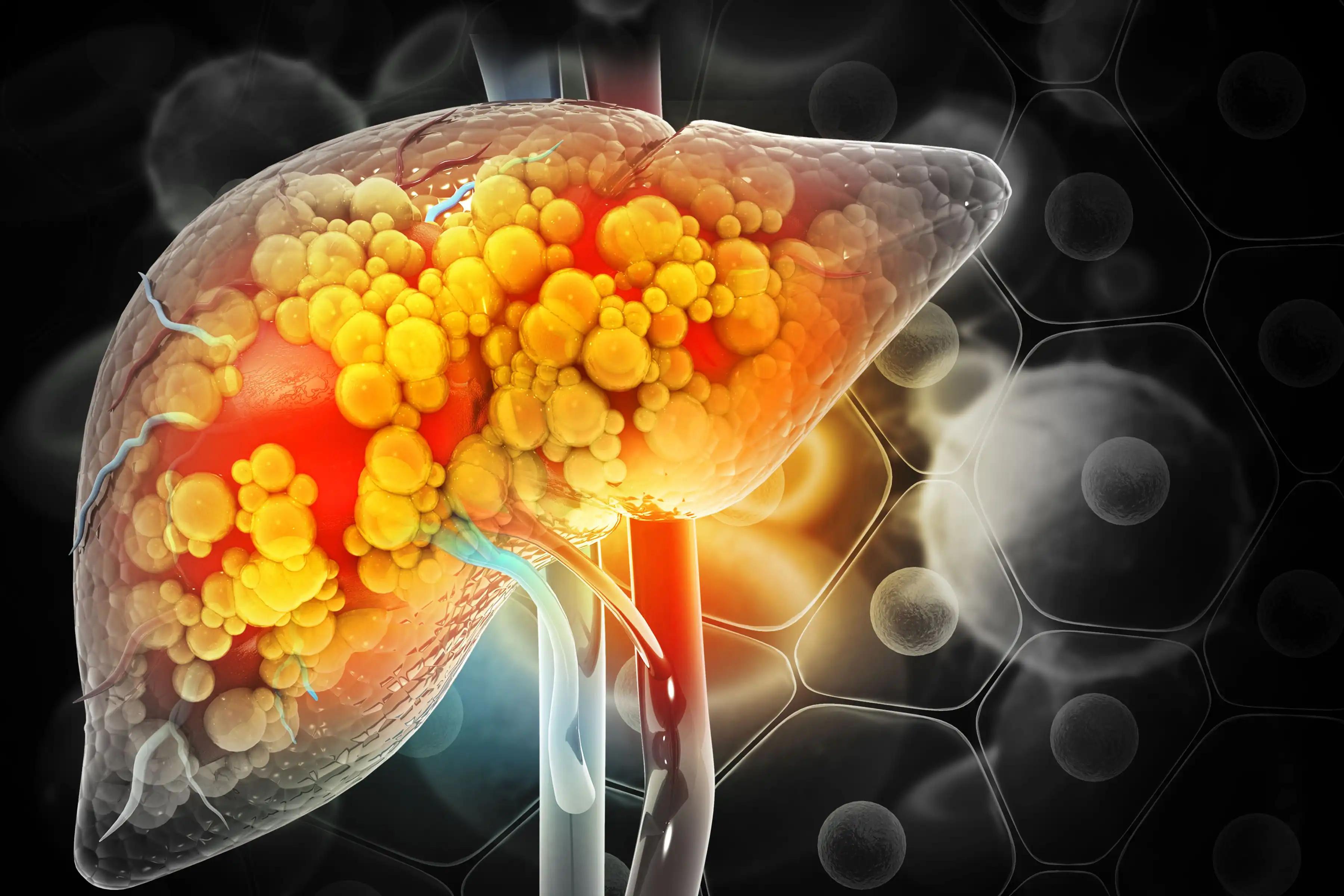KEY TAKEAWAYS
- The study aimed to evaluate SERGs for predicting survival and TiME in HCC.
- Researchers noted that the SERG-based model predicts worse outcomes and reduced ICI response, with CBX2 as a potential therapeutic target.
The research focused on creating a robust predictive signature based on super-enhancer-related genes (SERGs) to achieve 2 main objectives: forecasting survival outcomes and evaluating the tumor immune microenvironment (TiME) in hepatocellular carcinoma (HCC).
Qing Wu and the team aimed to assess the effectiveness of SERGs in predicting prognosis and understanding the TiME in HCC.
They performed an inclusive analysis by retrieving HCC RNA-sequencing data from The Cancer Genome Atlas (TCGA), with 365 patients randomly assigned to training or testing sets in a 1:1 ratio. SERGs of HCC were obtained from the Super-Enhancer Database (SEdb).
Based on the training set, a SERG-based signature was developed and validated internally and externally (using GSE14520). The model was then evaluated for potential functional enrichment and tumor immune infiltration. Additionally, in vitro experiments were conducted to explore the biological functions of the CBX2 gene.
The SE-related prognostic model, including CBX2, TPX2, EFNA3, DNASE1L3, and SOCS2, was established and validated. Patients in the high-risk group were found to have a significantly worse prognosis, with distinct differences in immune cell infiltration compared to the low-risk group. Additionally, the high-risk group demonstrated significant enrichment of tumor-associated pathological pathways.
The SERG signature was shown to effectively identify HCC patients likely to benefit from immunotherapy, as evidenced by a positive correlation between the risk score and the Tumor Immune Dysfunction and Exclusion (TIDE) score. Furthermore, downregulation of CBX2 gene expression was observed to inhibit HCC cell viability, migration, and cell cycle progression, while promoting apoptosis.
The study concluded that the novel HCC prognostic model utilizing SERGs indicates that patients with a high-risk score face a poorer prognosis and may exhibit a diminished therapeutic response to immune checkpoint inhibitors (ICIs). This model aims to tailor personalized treatment strategies to improve clinical outcomes for patients with HCC. Additionally, CBX2 is identified as a promising candidate for therapeutic intervention in HCC.
The study was funded by the Natural Science Foundation of Fujian Province (No. 2022J01211).
Source: https://pubmed.ncbi.nlm.nih.gov/39223584/
Wu Q, Li P, Tao X, et al. (2024). “A novel super-enhancer-related risk model for predicting prognosis and guiding personalized treatment in hepatocellular carcinoma.” BMC Cancer. 2024;24(1):1087. Published 2024 Sep 2. doi:10.1186/s12885-024-12874-7



